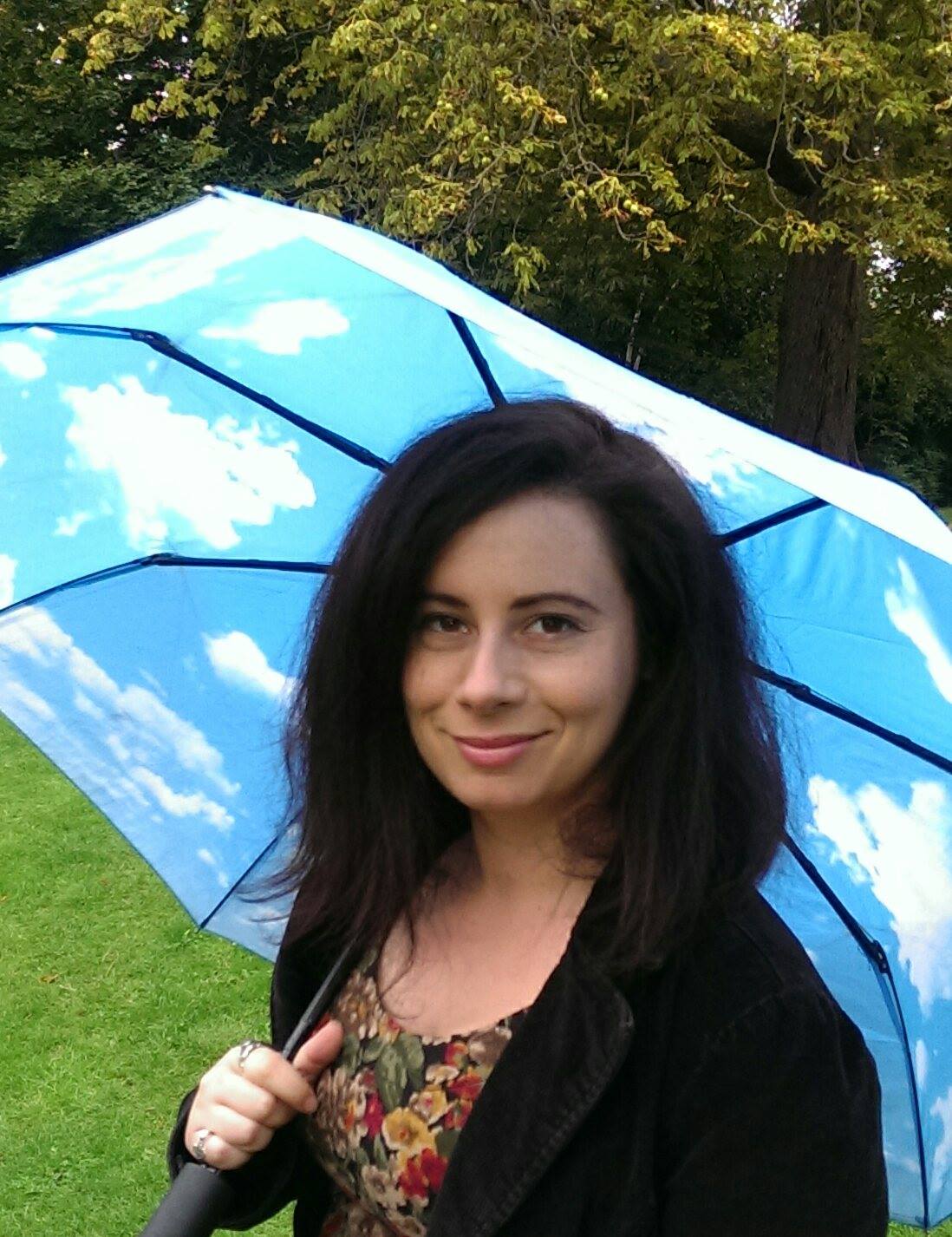Just over a decade ago, I saw Alan Ayckbourn’s Improbable Fiction at the Theatre Royal, Bath. I was doing my creative writing MA and, of all the valuable things I gained in that year, the fundamental life lesson was that play. Act One is a writing group’s meeting. We hear about their genres, lives, personalities and how great their writing would have been – had any of them actually got around to doing any.

I’m not going to tell you what happens in Act Two of Improbable Fiction because I’d like you to come and see it at the Questors Theatre next month. It’s the last play I direct before I take a sabbatical, having just gone full-time on my creative writing PhD. The life decision is clear, but very hard. I love theatre, I love directing, I love the immediacy and the risk and the edge that film has the time to perfect yet we must conjure from the shadows every night. But it too starts with writing, and writing is what I love most. Love doesn’t mean much if it’s just something you say – I need to commit to my writing wholeheartedly if I want to make it work.
The Right Distractions
My life will not be all PhD. If we really needed to have no distractions at all in order to write, nobody would ever have written anything. Spending no time at all with loved ones or hobbies is not the recipe for creative success; prioritizing people and activities that matter most and being able to distinguish the immediate and urgent from the important – quantity from quality – will keep you sane and keep you a writer. There is never going to be a time in a writer’s life where they are so free from responsibilities and everything is going so well that their mind isn’t pulled in other directions. There will always be distractions; your job is to make sure they’re the right ones.
Distractions are as necessary within your writing world as surely as they are an obstacle in your real one. Just as there will never be a perfect time to start, let alone finish, your book, there will never be only one thing going on in it.
Managing Your Levels
What?
The intersecting of plot and subplot is one example of levels in fiction. Another is the literal and metaphorical. I once had to take an extremely deep breath when a student said, “But I’m only writing genre fiction – do I really need it to work on more than one level?” I did not ask what attracted her to her genre or whether she’d read any of it. I did point out, with examples of science fiction, crime fiction, romance &c, that what gets a book published – what makes it worth the time of editors and publicity departments – is humanity. Weather, traffic jams, how someone stirs their tea, everything is an opportunity to make a point about everything else. Otherwise, all you have is a list of events. And it’ll read like that.
Who?
Another important example is narration. Framed or unframed, reliable or unreliable, external to the story or internal to it, your narrator has a personality and an agenda. As they closer or further from an event or person, their reliability is affected. If you are the narrator that’s as true as it is for a character – more true, if anything. You can be external to the universe but you need to know your place in it and control it with awareness. The further in you are, the more submerged you are, the less reliable you are.
When?
New writers sometimes struggle with the idea that you need to know the exact time period your play takes place. There’s a wonderful example of this in Improbable Fiction when Vivvi talks about her novel-in-progress as being “vaguely thirties.” There are manuscripts where even the decade – or even the century – fluctuates. Watch your slang, and whether your vocabulary and even your values have been invented or are massively progressive without meaning to be.
Why?
“But in real life things just happen, don’t they? In order?” That was another question, and philosophers are welcome to it. Timelines can be experienced in all kinds of ways for all kinds of reasons, as can everything else about being human. We all have multiple sides of our personalities, and with them multiple opportunities to turn that potential outwards into empathy as well as imagination, the point of both being to explore the human condition and understand ourselves and everyone else better in the process. Writing is philosophy, it is observation, it is gratitude, it is courage, it is joy. It’s also painful and difficult. It’s lots of things at once – when it’s real. Nothing is only what it is. Not in reality, let alone in fiction.
Rachel Knightley is a freelance writer, director and teacher. She runs Green Ink Writers’ Gym, resident at Waterstones Piccadilly, for writers of all genres and levels of experience. As Green Ink Theatre, she produces an annual Sponsored Write and new writing showcase, fundraising for Macmillan Cancer Support. She teaches Creative Writing, Speech and Drama from home and in theatres, schools and universities. Visit her website here.
I did my creative writing MA at bath in 1995-96